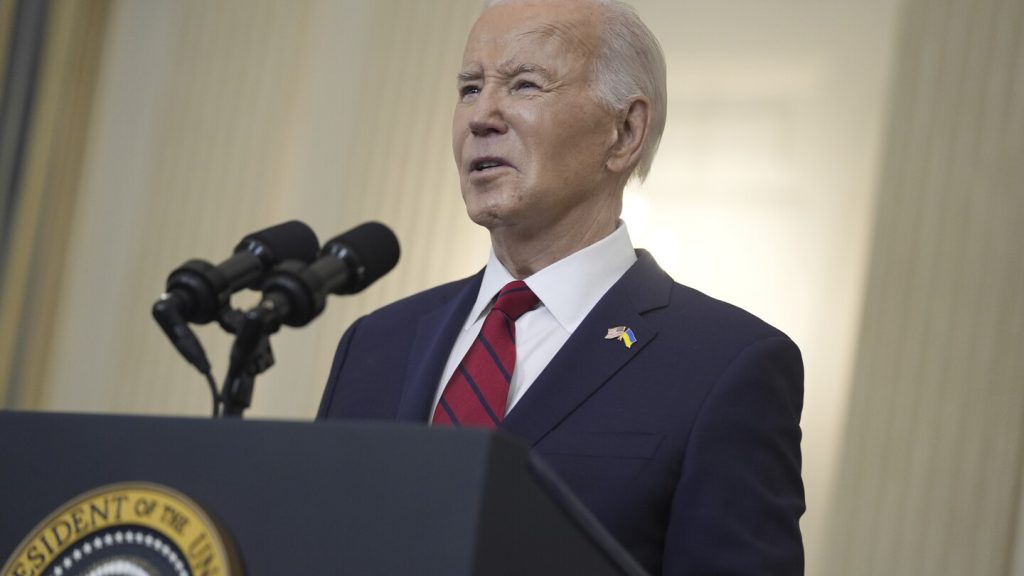In a move aimed at addressing racial disparities in the justice system, President Joe Biden has granted clemency to 16 individuals who were convicted of non-violent drug crimes. This includes pardons for 11 men and women and the commutation of sentences for five others. Biden highlighted that many of these individuals had received disproportionately longer sentences than what they would have under current laws. The President emphasized his commitment to addressing racial disparities and improving public safety through these actions, aligning them with April being Second Chance Month.
Biden noted that those receiving pardons had displayed a dedication to improving their lives and making positive contributions to their communities. Those whose sentences were commuted were deemed deserving of forgiveness and an opportunity to forge a future outside of prison. This gesture reflects the President’s overarching goal of promoting racial justice and providing second chances to those who have demonstrated rehabilitation and growth. Biden’s decision comes as he seeks reelection in November and aims to strengthen support from communities of color that played a crucial role in his victory over Donald Trump in the 2020 election.
The President has previously issued pardons in December 2023 to thousands of individuals convicted of using and possessing marijuana on federal lands and in the District of Columbia. Analyzing data from the Justice Department, it is revealed that Biden has granted 129 commutations, surpassing any of his predecessors in their first term, going back to Richard Nixon. While Nixon holds the record for most pardons granted at 691, Biden’s focus on using his clemency power to rectify systemic injustices stands out. A pardon symbolizes forgiveness from the President, acknowledging that the individual convicted of a crime has taken responsibility for their actions. While it does not imply innocence, a pardon offers restored rights like voting, which are lost upon conviction. On the other hand, a commutation reduces the sentence but does not nullify the conviction.
The recent clemency actions by President Biden highlight his commitment to reforming the criminal justice system and mitigating the impact of harsh sentencing policies on marginalized communities. By granting pardons and commutations to individuals who have demonstrated rehabilitation and a commitment to positive change, Biden seeks to create pathways for them to reintegrate into society and contribute meaningfully. These efforts align with the broader Democratic agenda of addressing racial disparities in the justice system and promoting equality and fairness for all Americans. As the President navigates his reelection campaign and engages with the challenges of governing, his focus on using clemency to rectify historical injustices underscores his dedication to advancing social justice and racial equity.
Through these recent acts of clemency, President Biden is sending a clear message about the importance of second chances and redemption in the American justice system. By recognizing the efforts of individuals who have sought to better themselves and their communities, Biden is embodying his belief in the power of rehabilitation and the potential for positive transformation. As he continues to use his clemency power to address systemic inequities and racial disparities, the President is laying the groundwork for a more just and compassionate approach to criminal justice. These pardons and commutations serve as a tangible representation of Biden’s commitment to upholding core values of fairness, mercy, and the belief in the inherent capacity for growth and change within every individual.


